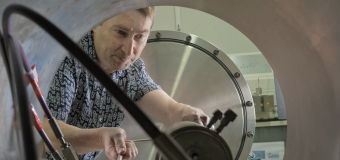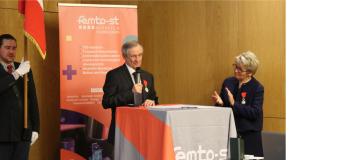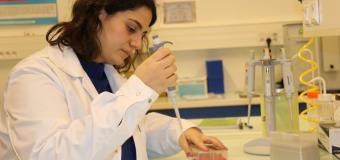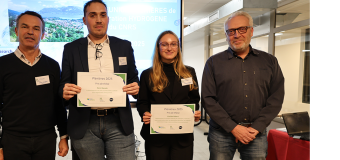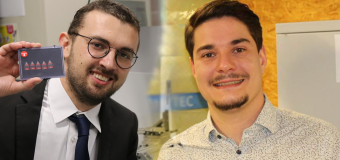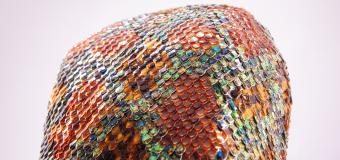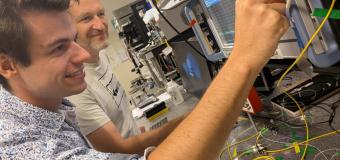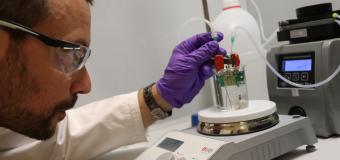Final report of the DATAZERO project
A national project to design and manage medium power data centers powered exclusively by renewable energy sources
The DATAZERO project began in 2015, funded by the French National Research Agency. Led by the Toulouse Institute of Computer Science Research (IRIT), the project consortium also includes the LAPLACE laboratory and FEMTO-ST Institute, as well as Eaton
DATA ZERO aims to create greener data centers that can efficiently use multiple sources of renewable energy while offering local storage of this energy using batteries and hydrogen fuel cells. The challenge is to solve the problem of matching between the production of renewable energy, such as solar and wind, which by nature is intermittent, and the consumption of these data centers that must be resilient at all times and reliable.
Designed for medium-sized data centers of up to 1,000 m2 and 1 MW, DATAZERO has achieved many milestones over the last four years. This includes the design of micro-grids combining renewable generation and hybrid energy storage, as well as the integration of a "trading loop" of middleware to align energy production and storage with needs. data centers. In June 2019, the team also confirmed that it is theoretically possible to manage a 1 MW data center powered solely by local renewable energy, as well as short- and long-term energy storage.
To celebrate the team’s achievements, members of the DATAZERO consortium are hosting a workshop to discuss ‘Renewable energy-powered data centers’ on 14-16 October at the FEMTO-ST in Besançon, France. The event features international keynote speakers, technical sessions, live demonstrations, and a roundtable on the future of data centers. Participants from a wide range of disciplines will hear about the latest progress and challenges in enabling data centers to harness renewable power effectively. Topics include efficient resource scheduling, cooling and heat management, and interactions with the power grid.
Contact : Jean-Marc Nicod



